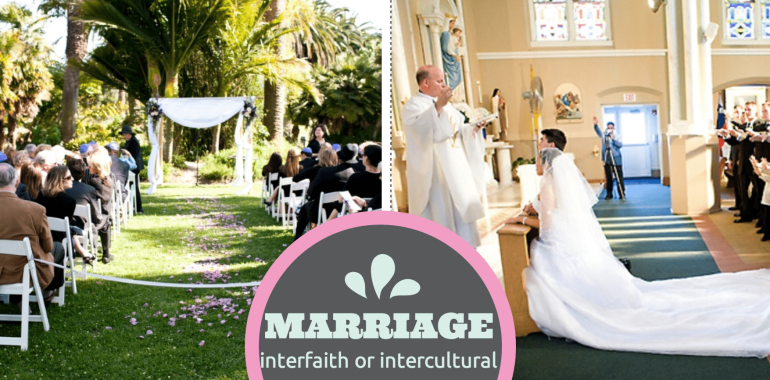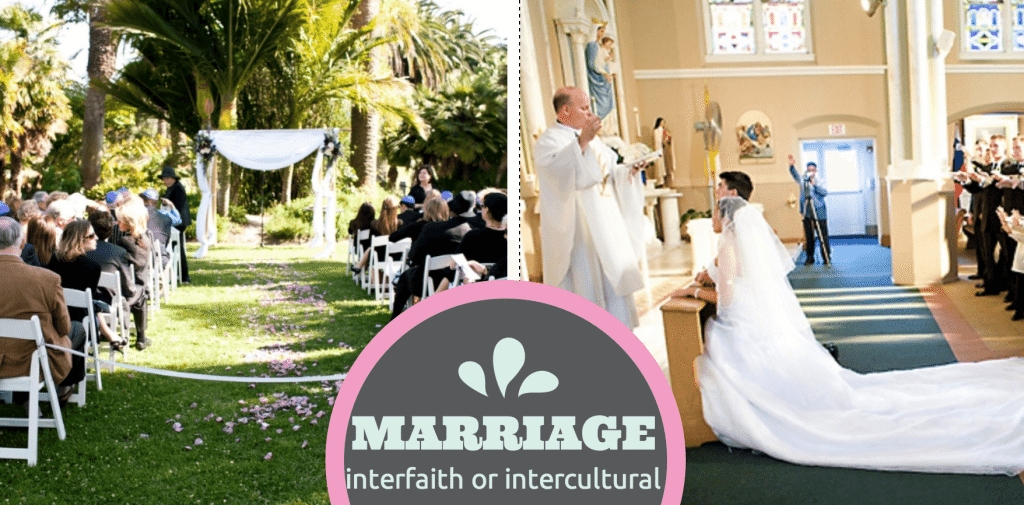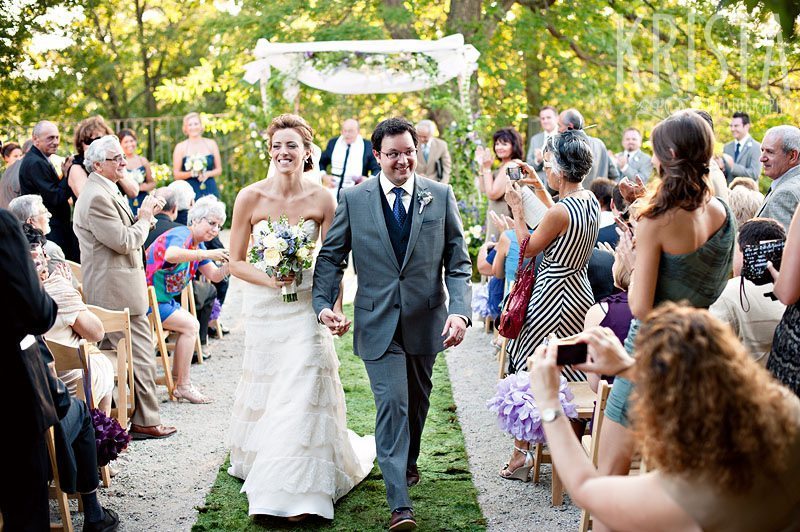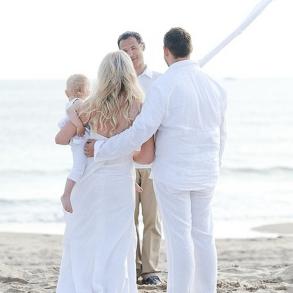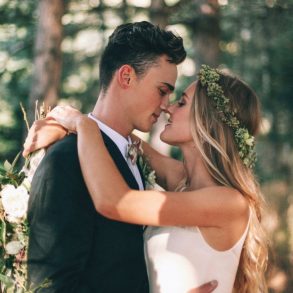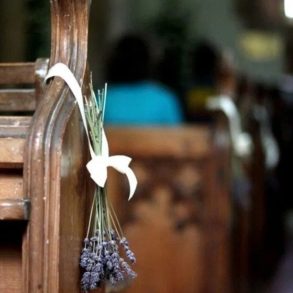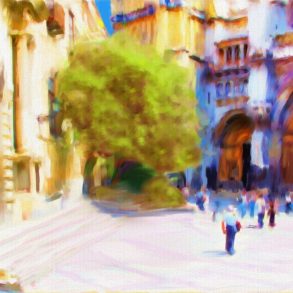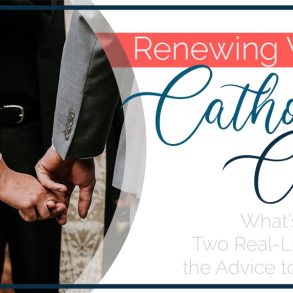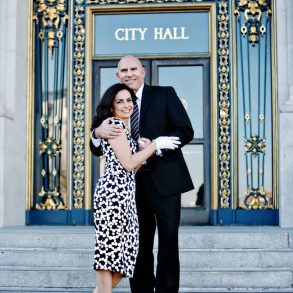Creating An Amazing Intercultural Wedding Day Everybody Will Love
Planning an interfaith or intercultural wedding requires thought, sensitivity and a bit of crativity. In a sense, you are showing the world how you, your beliefs and traditions will join and interact. Isn’t it worth the extra effort? After all, this is the birthday of your marriage!
Done properly, an interfaith wedding ceremony can be an enlightening, unifying experience for all. At interfaith weddings, I often say: “You are about to witness two people, two traditions, two families join in one sacred and profound love. And God is smiling!”
There are questions you should ask yourselves. I often ask couples to jot the following questions down (answering them separately in written form) then compare and discuss their answers.
Envisioning your wedding:
- Where will it take place? (At your church? A reformed synagogue? A non-denominational chapel? Out of doors? At your reception venue?)
- Who will officiate your ceremony? Will your marriage be officiated by a clergy member of only one of your religions? Will your marriage be co-officiated by members of clergy of both your faiths—say a priest and a rabbi, a Protestant minister and a Catholic priest? If you choose this second option, know that it may take effort in finding a priest and a rabbi willing to do this. Many rabbis will not perform interfaith services. Many will. Eastern Orthodox priests, most evangelical ministers and Muslim Imams will not perform interfaith services. Know that priests require a special dispensation to officiate a ceremony that does not take place in a church. Not all priests are willing to do so. Or do you envision someone non-religious or religiously neutral performing the service, say an interfaith minister or a judge?
- Do you want a religious ceremony, a spiritual non-religious God-centered ceremony, or a humanist ceremony (a civil ceremony with heart?)
- Which elements—rituals, readings, vows, prayers and blessings— from your own traditions are near and dear to your heart, those that you wish to include? I tell my couples that ritual for ritual’s sake is meaningless. However, ritual that means something to you has great value.
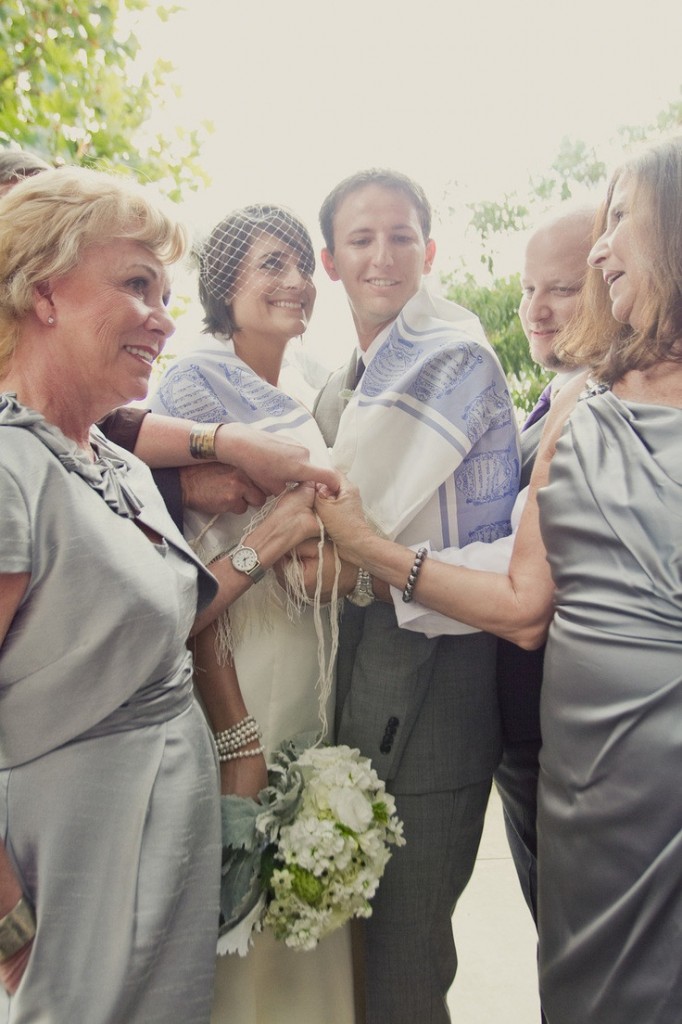
Whatever you decide, do not diminish your joys! As I often tell my couples, “With two traditions, you are twice blessed.” Or as a wonderful Rabbi once told me, “Rejoice in your differences!”
Most traditions can be celebrated in a universal way, adapting language so that no one is offended. For example, the religious interpretation for the Jewish breaking of the glass is the commemoration of the destruction of the temple of Israel. Here is a favorite interpretation with my interfaith couples:
[quote align=”center”]The breaking of the glass is a joyous Jewish ritual, one that leaves the couple forever changed and united. (Name) and (Name,) we break this glass with an implied prayer, “May you stay together until all the broken pieces are brought back together again.” In some ceremonies we have gone further with a another personal wish, “And today, our bride and groom have asked that the breaking of the glass also symbolize the breaking down of barriers between people of different faiths and cultures. We break this glass for peace.” Crush! Mazel tov![/quote]
You can combine traditions. For instance, many Catholic-Jewish couples celebrate the beloved Christian tradition of the lighting of the unity candle with the celebrant reciting this exquisite saying from the Ba’al Shem Tov (founder of the Hasidic movement):
[quote align=”center”]“From every human being, there rises a light, that reaches straight to heaven, and when two souls, destined to be together, find each other, their streams of light flow together and a single brighter light goes forth from their united being.”[/quote]
If you are having a God centered ceremony, it is usually best to mention God neutrally, as GOD. In this way, people can invoke God by whatever name or image comes up in his or her own heart.
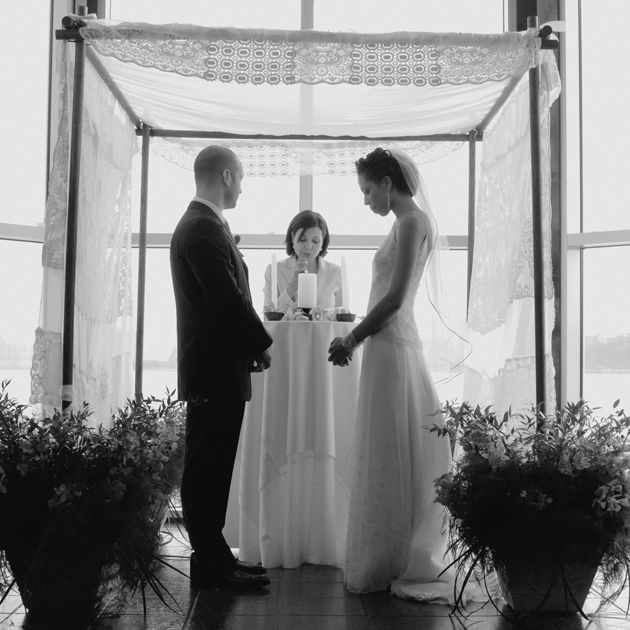
Some of my couples decide to celebrate their traditions culturally, and not religiously. For example, at an Irish Protestant/ Persian Muslim marriage ceremony, we enjoyed the sofreh created by the groom’s family, an ancient tradition that goes back in Persia to before the Zoroastrian era. Literally translated, it means the “marriage spread.”
The sofreh is a sumptuous feast for the eyes, rich in symbolism, beautiful to behold. I was careful to explain each of the elements upon the Sofreh for the non-Persian family. (I think some members of the Persian family also learned a thing or two about the sofreh! This often happens at interfaith and intercultural weddings—people learn more about their own traditions.) The groom’s father read poetry by the Persian poet Rumi in both English and Farci. The bride’s Irish mother bestowed a traditional Irish wedding blessing upon the couple, then presented the groom with their family crest, after which bagpipers led the recessional. It was a delightful experience for all.
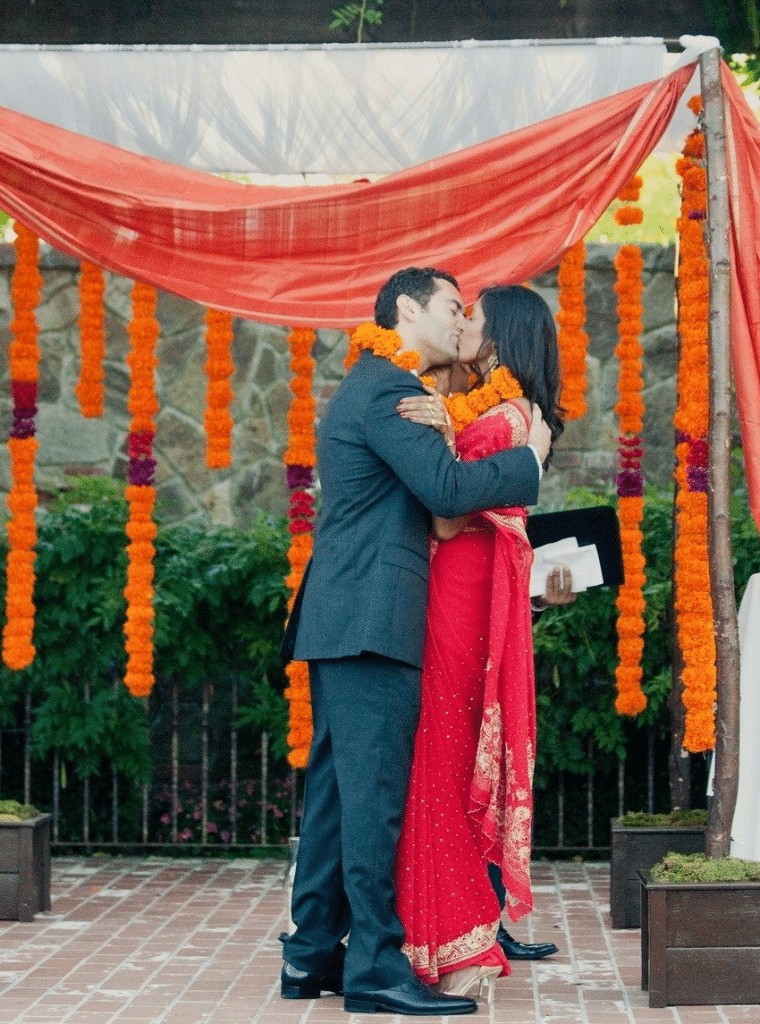
I find that some family members and friends come to an interfaith service feeling dubious and even leery, only to find themselves leaving with a great sense of relief. No one was offended, everyone was included. Moreover, they are usually taken aback at how beautiful and meaningful it all was.
Whether you enjoy a sake ceremony in your Japanese tradition under a Chuppah for your Jewish groom, or Pass the Sign of Peace with the words Peace Be With You and Ma’ Salaama combining your Catholic and Muslim heritages, whether you honor ancestors as is Chinese tradition and exchange thirteen coins as is Spanish tradition, whether you exchange the Greek stephana (wedding crowns) and recite the Jewish seven blessings , the underlying premise is respect. Respect is the foundation of interfaith, intercultural marriages. Love is the bridge.
Reverend Susanna is an interfaith minister, wife and mother living in New York City. She is the author of Joining Hands and Hearts: Interfaith, Intercultural Wedding Celebrations–A Practical Guide for Couples

